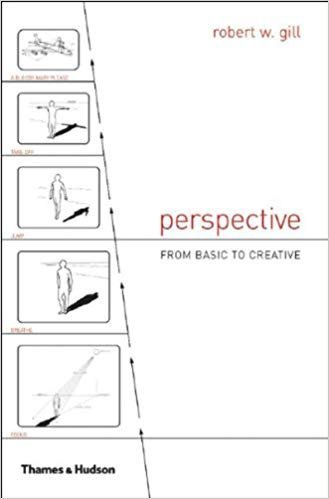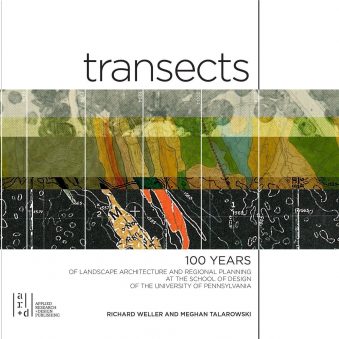- Empty cart.
- Continue Shopping
Perspective From Basic To Creative
₹650.00
- By
- Paperback: 272 pages
- Publisher: Thames and Hudson; Latest Updated edition (9 May 2006)
- Language: English
- ISBN-10: 9780500286074
- ISBN-13: 978-0500286074
- Product Dimensions: 15.2 x 1.9 x 23.5 cm
10 in stock
It is impossible to look at an object or view the world without being aware of a sense of distance and three-dimensional solidity. Using perspective allows us to create the illusion of these qualities on paper or on screen. While modern 3-D software can give architects and designers immediate and impressive results in their work, it is vital for any designer to understand the principles of perspective that underlie such complex software. This book explains those principles in clear and simple terms.
Starting with an illustrated explanation of the technical terms used, Robert W. Gill introduces the three basic types of perspective: one-point, two-point, and three-point with objects inclined to the ground plane (from the worm’s-eye to the bird’s-eye point of view). He then develops the basic principles into a set of valuable creative tools, using step-by-step processes that enable the reader to understand how to create accurate and convincing visuals.
Originally published as two separate books, Basic Perspective and Creative Perspective, this new volume is an invaluable tool for architectural and 3-D design students, technical illustrators, product designers, and anyone who appreciates that—even in our technology-led world—an understanding of visual principles is the key to great design. 259 illustrations.











